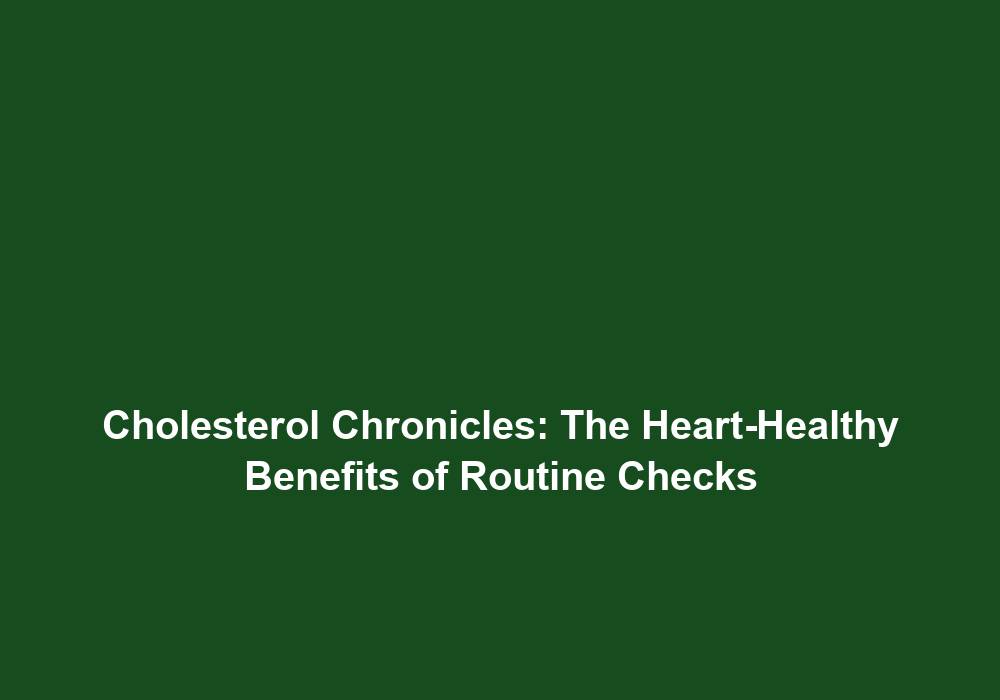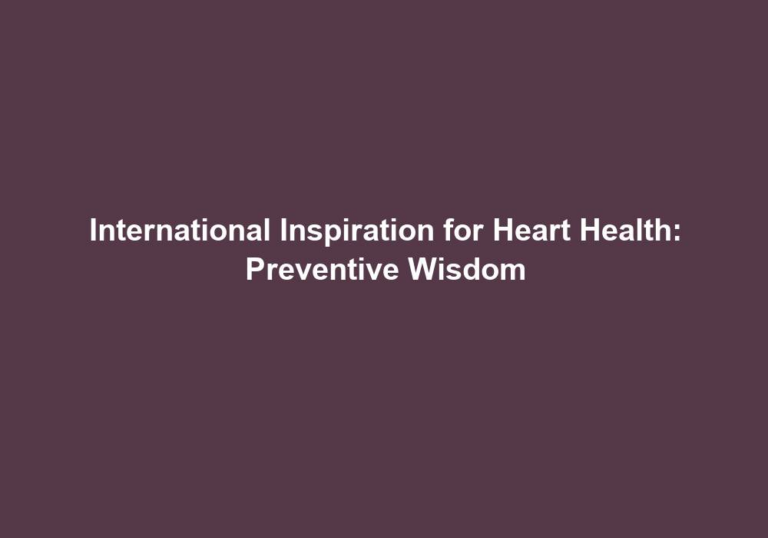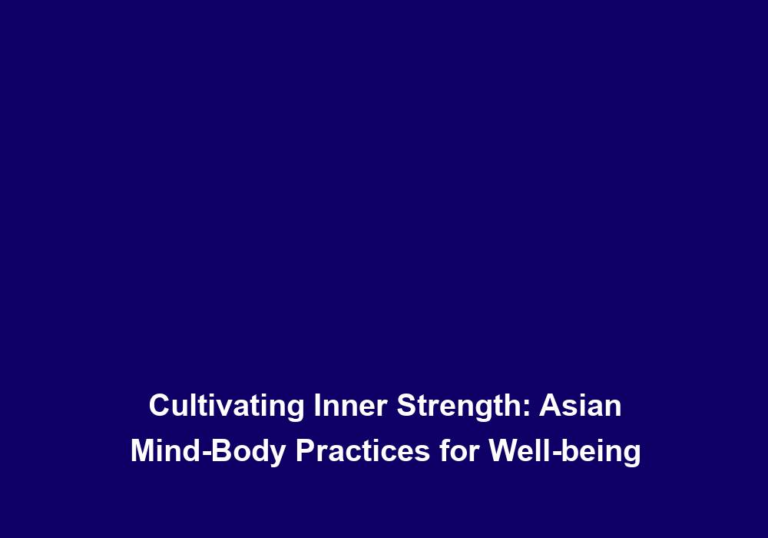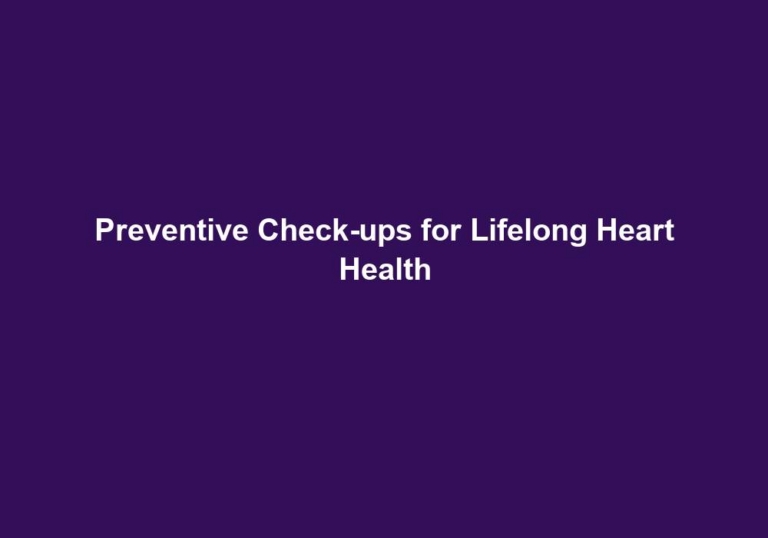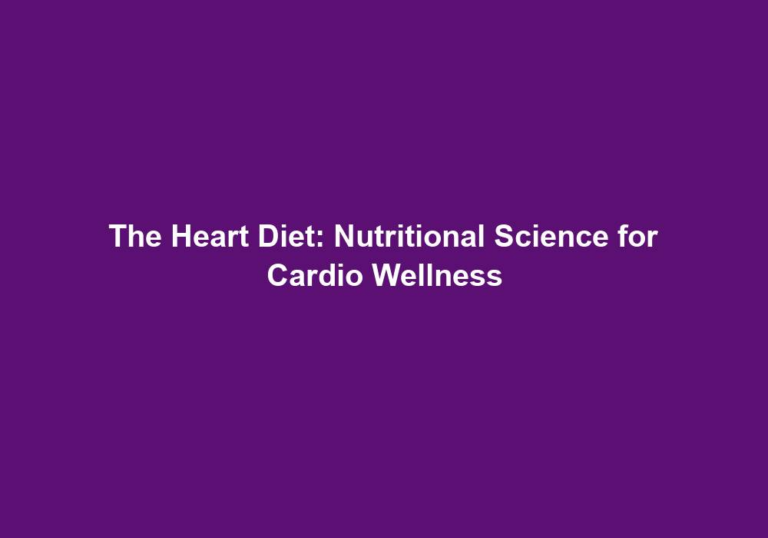Cholesterol Chronicles: The Heart-Healthy Benefits of Routine Checks
Cholesterol plays a vital role in our overall health, particularly in relation to our heart. While cholesterol is often associated with negative connotations, it is important to understand that not all cholesterol is bad for us. In fact, our body needs cholesterol to function properly. Routine cholesterol checks are crucial in monitoring and maintaining a healthy heart. In this article, we will delve into the heart-healthy benefits of routine cholesterol checks and explore the importance of understanding cholesterol levels.
Understanding Cholesterol: The Good and the Bad
Before we dive into the benefits of routine cholesterol checks, it is essential to grasp the concept of good and bad cholesterol. Cholesterol is a waxy, fat-like substance that is found in every cell of our body. It is essential for the production of hormones, vitamin D, and bile acids, which help in digestion. Cholesterol is primarily produced by our liver, but it can also be obtained through certain foods.
-
Low-Density Lipoprotein (LDL) Cholesterol: Often referred to as bad cholesterol, LDL cholesterol can build up in the arteries, leading to plaque formation and increasing the risk of heart disease and stroke. This happens when there is an excess of LDL cholesterol in the bloodstream, and it starts to deposit on the arterial walls, narrowing the arteries and restricting blood flow. This can result in serious cardiovascular issues.
-
High-Density Lipoprotein (HDL) Cholesterol: HDL cholesterol, on the other hand, is known as good cholesterol. It helps remove excess LDL cholesterol from the arteries and transports it back to the liver for disposal. HDL cholesterol acts as a scavenger, picking up LDL cholesterol and taking it away from the arteries, reducing the risk of plaque buildup and promoting a healthier heart.
The Importance of Routine Cholesterol Checks
Routine cholesterol checks are crucial in assessing your heart health and overall well-being. Here are some key benefits of getting your cholesterol levels tested regularly:
1. Early Detection of Potential Risk Factors
By monitoring your cholesterol levels regularly, you can identify any potential risk factors for heart disease at an early stage. High levels of LDL cholesterol increase the risk of developing plaque in the arteries, leading to a condition called atherosclerosis. Atherosclerosis is a progressive disease where the arteries become hardened and narrowed due to the buildup of plaque. Routine checks allow healthcare professionals to detect such risk factors, enabling proactive measures to be taken to prevent or manage heart disease effectively.
Regular cholesterol checks also help to identify other risk factors associated with heart disease, such as high blood pressure, diabetes, and obesity. By detecting these risk factors early, individuals can take appropriate steps to manage and reduce their overall cardiovascular risk.
2. Preventive Measures and Lifestyle Modifications
If your cholesterol levels are found to be high, routine checks can serve as an opportunity for healthcare professionals to provide guidance on lifestyle modifications and preventive measures. Making simple changes in your diet, such as reducing saturated and trans fats, increasing fiber intake, and incorporating regular exercise, can have a significant impact on your cholesterol levels and overall heart health.
In addition to dietary modifications, healthcare professionals may recommend specific medications to help manage cholesterol levels. These medications, known as statins, work by reducing the production of cholesterol in the liver and increasing the liver’s ability to remove LDL cholesterol from the bloodstream. Routine cholesterol checks are essential to monitor the effectiveness of these medications and make any necessary adjustments to the treatment plan.
3. Tracking the Effectiveness of Medications and Interventions
For individuals already diagnosed with high cholesterol, routine checks are essential to monitor the effectiveness of medications and interventions. By regularly assessing cholesterol levels, healthcare professionals can determine whether prescribed medications are working optimally or if adjustments need to be made. This allows for personalized treatment plans, ensuring the best possible management of cholesterol levels.
In addition to medications, lifestyle interventions such as weight loss, increased physical activity, and dietary changes can also have a significant impact on cholesterol levels. Routine cholesterol checks help track the progress of these interventions and provide valuable feedback on their effectiveness.
4. Increased Awareness and Empowerment
Routine cholesterol checks also serve as an educational tool, increasing awareness and empowering individuals to take control of their heart health. By understanding their cholesterol levels and the associated risks, individuals can make informed decisions about their lifestyle choices, diet, and exercise routines. This knowledge empowers them to actively contribute to their heart health and reduce the risks associated with high cholesterol.
Healthcare professionals can provide personalized counseling and education during routine cholesterol checks, helping individuals understand the importance of cholesterol management and the impact it has on their overall well-being. By providing clear explanations and actionable steps, individuals can develop a sense of ownership over their heart health and actively participate in their care.
Taking Steps Towards Heart-Healthy Living
While routine cholesterol checks are essential, maintaining a heart-healthy lifestyle goes hand in hand with regular monitoring. Here are some key steps you can take towards achieving optimal heart health:
1. Adopt a Balanced Diet
Eating a balanced diet is crucial for maintaining healthy cholesterol levels and overall heart health. Opt for foods low in saturated and trans fats and high in fiber, such as fruits, vegetables, whole grains, and lean proteins. Incorporating heart-healthy fats, such as those found in avocados, nuts, and olive oil, can also have a positive impact on your cholesterol levels.
In addition to choosing the right foods, portion control is also important. By monitoring your caloric intake and practicing mindful eating, you can maintain a healthy weight and promote heart health.
2. Engage in Regular Physical Activity
Regular exercise plays a pivotal role in maintaining a healthy heart. Aim for at least 150 minutes of moderate-intensity aerobic activity or 75 minutes of vigorous-intensity aerobic activity per week. Exercise helps raise HDL cholesterol levels, lower LDL cholesterol, and promote overall cardiovascular fitness.
Incorporate a variety of exercises into your routine, including aerobic exercises, strength training, and flexibility exercises. Find activities that you enjoy and make physical activity a regular part of your day-to-day life.
3. Maintain a Healthy Weight
Excess weight can contribute to higher cholesterol levels and increase the risk of heart disease. By maintaining a healthy weight through a combination of a balanced diet and regular exercise, you can significantly improve your cholesterol profile and reduce the strain on your heart.
If you are overweight or obese, losing even a small amount of weight can have a positive impact on your cholesterol levels and overall cardiovascular health. Set realistic goals and work with a healthcare professional or registered dietitian to develop a personalized weight management plan.
4. Avoid Smoking and Limit Alcohol Consumption
Smoking damages blood vessels, lowers HDL cholesterol levels, and increases the risk of heart disease. Quitting smoking is one of the most impactful steps you can take towards improving your heart health. Additionally, excessive alcohol consumption can raise blood pressure and cholesterol levels. Limiting alcohol intake is key to maintaining a healthy heart.
Seek support and resources to quit smoking if needed. Talk to your healthcare provider about strategies to quit smoking and find healthier alternatives to cope with stress or boredom. When it comes to alcohol, aim to drink in moderation or consider avoiding it altogether.
Conclusion
Routine cholesterol checks are essential for assessing heart health and preventing the risks associated with high cholesterol levels. By understanding the importance of cholesterol and taking steps towards heart-healthy living, individuals can proactively manage their cholesterol levels and reduce the likelihood of developing heart disease. Regular monitoring, coupled with lifestyle modifications, empowers individuals to take control of their heart health and live a long, healthy life.

